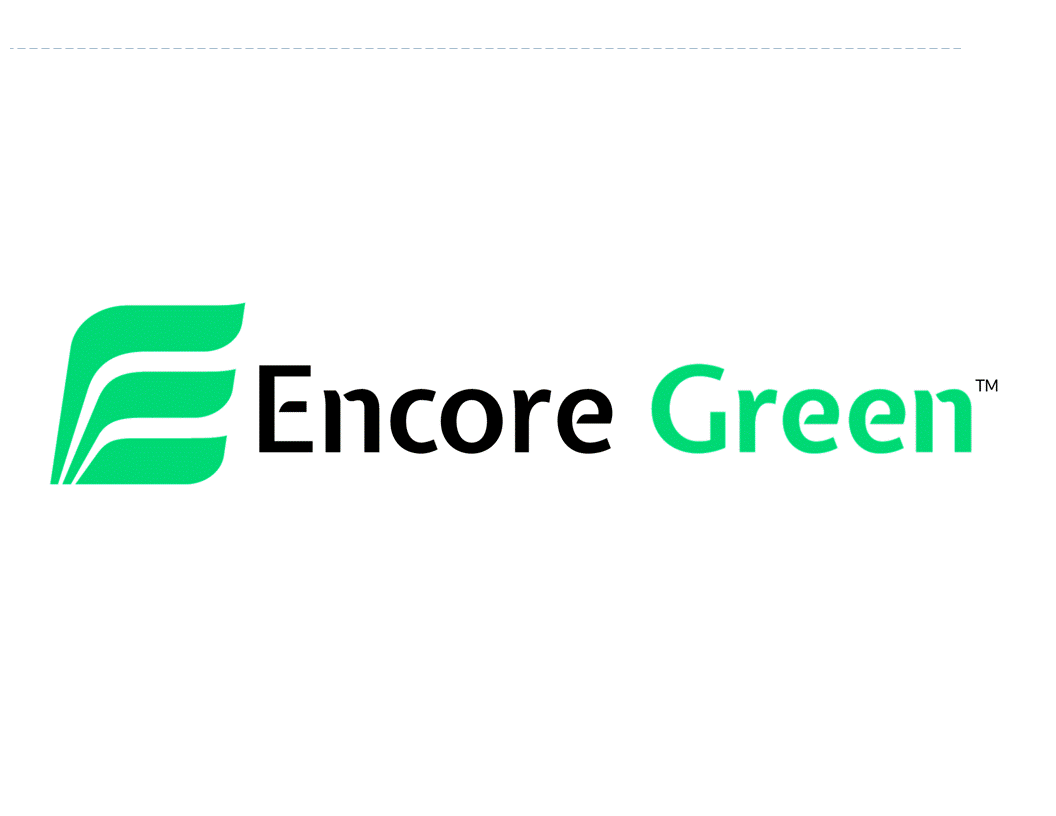Encore Green Environmental wants you to know all there is to know about increasing all the benefits that come from applying cleaned industry by-product water to the arid land.
So – we want you to meet our team of experts that are aligned with us
Today, we hear from Encore Green Environmental’s agronomist, Neal Fehringer.
EGE
Thanks, Neal, for chatting with us. Briefly tell us a little about your background.
NEAL
I’m a Certified Professional Agronomist and Certified Crop Advisor (CCA), both certifications through the American Society of Agronomy (ASA). I have been an ASA member for 41 years. I have been an agronomist for 40 years, graduating from Colorado State University in 1979 with an agronomy degree. I worked for two years as a staff agronomist for a farming company. I was their first agronomist, so I developed the program. In 1979, we had about 60,000 acres farmed. By 1981, we farmed 130,000 acres in two states. In addition to being the agronomist, I managed two smaller farms.
In May 1981, I had the opportunity to start my agronomic consulting company, Fehringer Agricultural Consulting, which I still operate.
EGE
Tell us about your role in general terms, so us non-scientists can understand.
NEAL
I work with farmers on their crop production. I do not sell any products, just services. I take soil and plant samples; monitor fields for weeds, insects, diseases, stands, plant growth, and soil moisture; make fertilizer recommendations; pest control recommendations; and calibrate farm application equipment. In addition, we do third-party contract research for agricultural companies. Write nutrient management plans for feedlots to deal with manure waste. Provide expert witness services on legal matters and for insurance companies. Worked for 10 years with natural gas production companies in dealing with sodium bicarbonate by-product water being applied via sprinkler irrigation to hay fields.
Currently, I am Director of Agronomy for Encore Green Environment, a mid-stream agricultural company that is re-purposing oilfield and coalbed methane by-product waters so that they can be used as beneficial water to be applied to grasslands, providing a consistent water supply in the arid Western United States. In doing so, more grass will be produced, soil health will increase, and more carbon will be sequestered. This will be accomplished by substantially reducing the amount of water needing to be disposed and without need of soil amendments.
EGE
What has drawn you to your field of expertise? That is, what’s your motivation for your work day in and day out?
NEAL
I was raised on a farm in northeast Colorado. I love the science of crop production and working with people in agriculture. It is rewarding to watch crops develop and help grow food to feed the nation and world. As an agronomist, I need to leave the earth’s natural resources that I work with in better condition than when I started. I help farmers produce nutritious food as efficiently as possibly while protecting the environment.
EGE
What’s been one professional success you’re proud of?
NEAL
Most of clients have been with me for over 25 years because they can trust me and I have made their farms more efficient.
EGE
So, tell us, what’s a little-known fact about you?
NEAL
I grew up near a town of 200. I had 15 in my graduating class, of which 9 were girls and 6 boys. Of the 9 girls, 4 were my cousins!!! I had to go out of town to get a date.
EGE
What’s your perspective on the ‘Just Add Water’ Initiative?
NEAL
This initiative is a win-win for everyone, even urban folks as this waste volume is greatly reduced. We will take an industrial waste and turn it into a resource for the usual moisture- deficient Great Plains. More grass will be produced, especially on drought years, so that ranchers do not have to liquidate some or all or their herd and/or buy expensive hay. This will provide more stability to ranching operations. There will be a fraction of the water needing to be disposed, thus reducing the risk of groundwater contamination, brine water spill soil contamination, and trucking. By just adding water, soil health will improve, soil erosion will decrease, and increased carbon sequestration with increased grass growth.
EGE
From your point of view and expertise, what’s the benefit of increasing soil health?
NEAL
Increasing soil health will also improve water infiltration, leaving less to run-off, thus reducing erosion.
EGE
Thanks, Neal. One last thing, can you tell us one thing that excites you about the potential of adding a new source of water to the arid western state?
NEAL
Water is king in the west. People have been shot over water. I am excited to turn a one industry’s waste into another’s resource.

